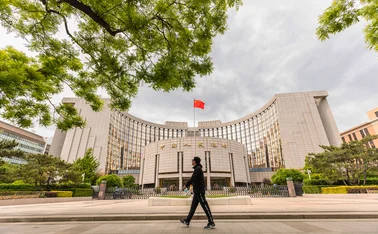
IMF research lends support to exchange rate liberalisation

A working paper, published by the International Monetary Fund on January 31, finds significant benefits resulted from efforts by sub-Saharan African countries to liberalise their exchange rate regimes in the 1980s and 1990s.
Nils Maehle, Haimanot Teferra and Armine Khachatryan examine the cases of Ghana, Kenya, Malawi, Tanzania, Uganda and Zambia, finding that where reforms were implemented and sustained, per capita income has increased rapidly and crises caused by foreign exchange shortages
Only users who have a paid subscription or are part of a corporate subscription are able to print or copy content.
To access these options, along with all other subscription benefits, please contact info@centralbanking.com or view our subscription options here: http://subscriptions.centralbanking.com/subscribe
You are currently unable to print this content. Please contact info@centralbanking.com to find out more.
You are currently unable to copy this content. Please contact info@centralbanking.com to find out more.
Copyright Infopro Digital Limited. All rights reserved.
As outlined in our terms and conditions, https://www.infopro-digital.com/terms-and-conditions/subscriptions/ (point 2.4), printing is limited to a single copy.
If you would like to purchase additional rights please email info@centralbanking.com
Copyright Infopro Digital Limited. All rights reserved.
You may share this content using our article tools. As outlined in our terms and conditions, https://www.infopro-digital.com/terms-and-conditions/subscriptions/ (clause 2.4), an Authorised User may only make one copy of the materials for their own personal use. You must also comply with the restrictions in clause 2.5.
If you would like to purchase additional rights please email info@centralbanking.com



